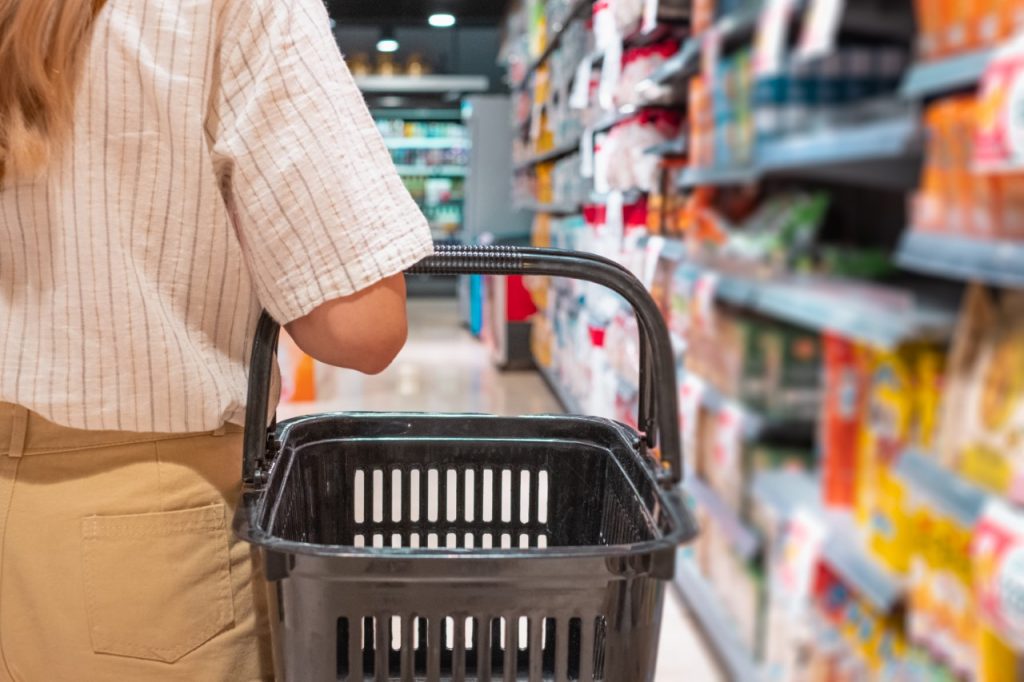
Think of the last impulse purchase you made when you were in the checkout aisle at the grocery store. Was it a bottle of soda? A bag of chips?
As it turns out, food and beverage manufacturers pay retailers millions of dollars to dictate where their products are placed in the store — influencing the way shoppers interact with food offerings in the busiest aisles. These practices are incredibly effective at getting shoppers to make impulse buys, which tend to be unhealthy.
As rates of obesity and diet-related disease continue to rise around the world, Bloomberg Philanthropies is supporting policy efforts that encourage healthier diets including efforts to raise public awareness of unhealthy food and beverage marketing. One example was the city of Berkeley, California’s ban on the sale of junk food and candy in checkout aisles – a first of its kind policy in the U.S.
In this episode, Kristine Momanyi of the Bloomberg Philanthropies public health team sits down with Sara John, the Senior Policy Director at CSPI – the Center for Science in the Public Interest, Ingrid de Santiago, the Program Coordinator at Bay Area Community Resources, and Anjelika Khadka, a youth advocate taking a stand for healthier food environments in her community. They discuss the deceptive marketing practices food and beverage manufacturers employ to sway shoppers’ decisions in grocery stores and CSPI’s request to the Federal Trade Commission to bring these practices to light. Ingrid and Anjelika also tell us more about the Bay Area’s initial reception to the healthy checkout ordinance and learnings from advocating for local healthy food policies.
You can listen to the podcast and past episodes in the following ways:
- Stream it on SoundCloud.
- Check us out on Spotify.
- Download each episode on Apple Podcasts and be sure to subscribe.
- Tune in on Simplecast.
For more about our public health work, we recommend: